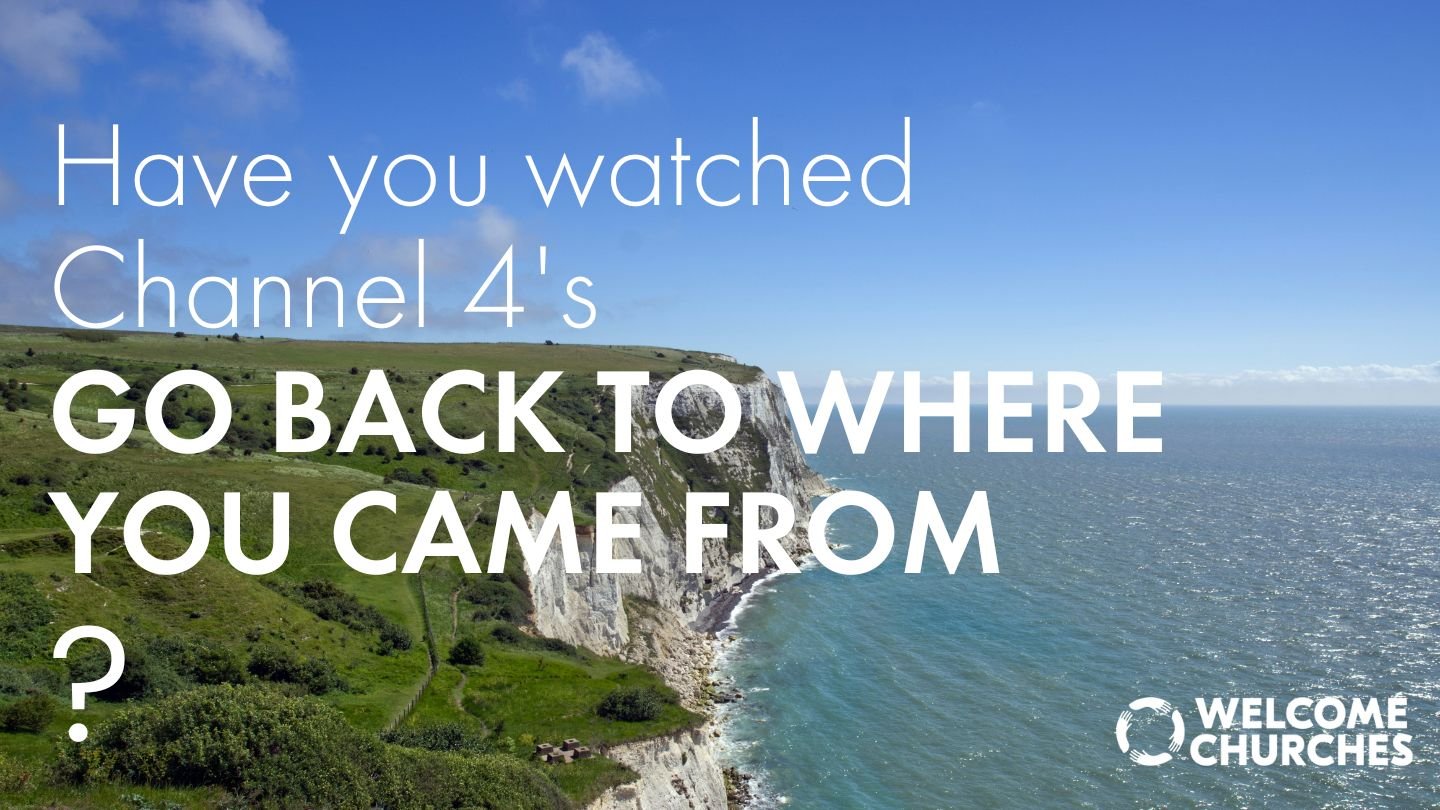‘Go Back to Where You Came From’: TV Genius or TV Disaster?
Photo by Library of Congress on UnsplashWritten by Emily Shepherd, CEO of Welcome Churches
Channel 4’s new show Go Back to Where You Came From debuted on Monday, February 3rd, and the reviews have been anything but subtle. The show dives into the UK’s immigration debate, following six outspoken Brits with differing views on refugees and asylum seekers. Some critics have slammed it as sensationalist TV—The Telegraph called it “a dumb clickbait contribution to the immigration debate,” while The Guardian pointed out “the inescapable whiff of white saviourism.” Others, like the London Evening Standard and Irish Independent, dismissed it as exploitative, with one headline bluntly stating: “Bigoted Brits playing at being refugees is trash TV at its worst.”
But beyond the controversy, could Go Back to Where You Came From actually offer some insight into the reality of displacement and challenge public perceptions of immigration?
A Harsh Glimpse into Refugee Life
The show takes participants from various parts of the UK—Wales, Nottingham, Surrey, Cornwall, Barnsley, and London—and places them in war-torn regions like Mogadishu, Somalia, and Raqqa, Syria. There, they face real dangers: threats in the marketplace, forced evacuations in the middle of the night, and heartbreaking personal stories. One thing they all agree on? They wouldn’t want to live there.
For refugees, these struggles are not just part of a TV experiment—they are everyday realities. Poverty, fear, and violence often drive people to seek asylum in the UK, and this show forces its participants to experience a fraction of that hardship.
Do Experiences Change Minds?
Before the experiment, most participants had strong opinions, and many insisted their views wouldn’t change. While Dave from Nottingham was visibly shaken by the suffering he witnessed in Raqqa, others—like Chloe, Jess, and Nathan—remained firm in their belief that the UK shouldn’t accept refugees. Meanwhile, Bushra and Mathilda became even more vocal about welcoming those in need.
The show raises an important question: How willing are we to challenge our own beliefs when faced with uncomfortable realities? We often like to think we’re open to debate, but when our opinions are deeply held—and publicly stated—how easy is it to truly reconsider them?
A Reflection of a Divided Society
Immigration remains one of the UK’s most polarizing issues. The show reflects a broad spectrum of opinions, mirroring real-life debates: Should refugees be welcomed? Should there be stricter border controls? Should asylum seekers who arrive on small boats be turned away?
It’s easy to engage only with people who share our views, but meaningful conversations—and a better society—come from listening to those who think differently.
Encouraging Honest Conversations: ‘I’m Not Being Funny, But…’
Recognising the need for open dialogue, Welcome Churches is launching the ‘I’m Not Being Funny, But…’ campaign this March. The phrase is often used before expressing a controversial opinion, and this initiative seeks to create a safe, anonymous space for people to ask the tough questions about immigration, refugees, and asylum seekers—without fear of judgment.
By listening, learning, and engaging with different perspectives, we can move beyond headlines and rhetoric to foster genuine understanding.
Stay tuned for more details on how your church can take part soon!



